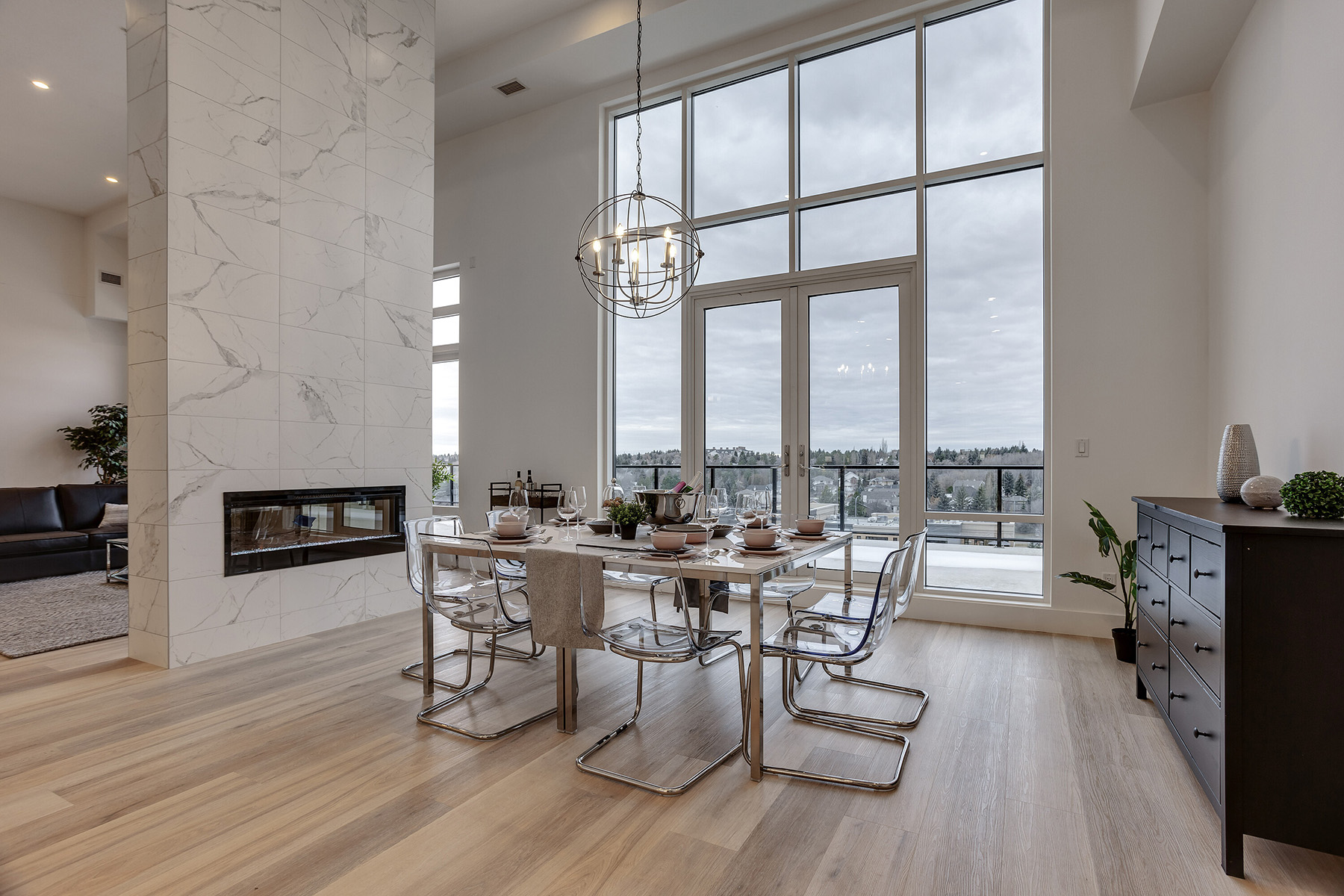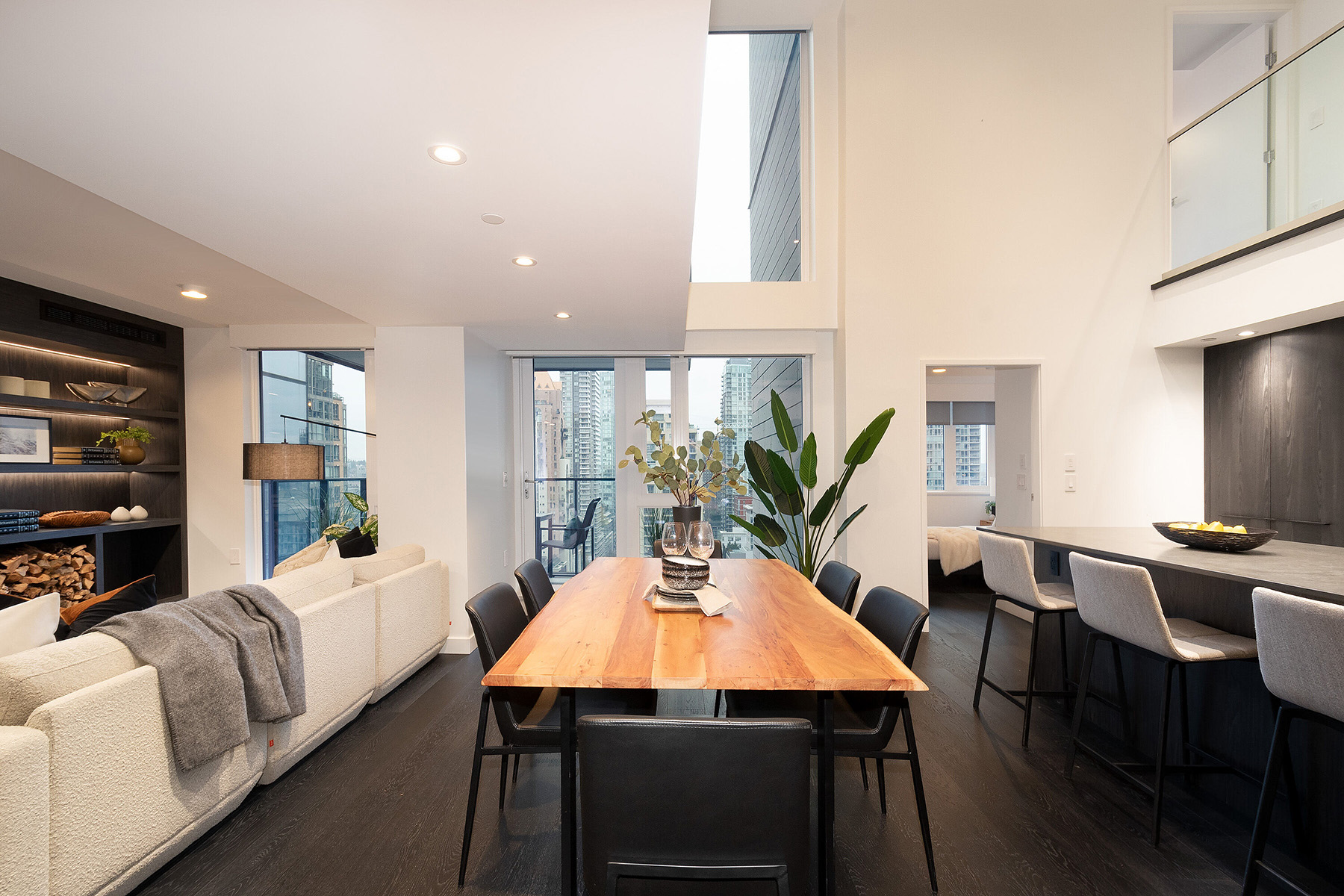Embarking on the journey of buying a pre-construction home involves excitement and anticipation, but it also requires careful consideration of potential financial implications. When purchasing a pre-construction home, pay attention to these factors to ensure you’re protecting yourself against any future issues:
Cap Extra Costs
Development charges are not always included in the purchase agreement and can continue to rise while your new home is being built. Developers are charged by the municipality for costs related to infrastructure, water lines, gas lines, etc., and these costs are then passed on to the buyers. Buyers can expect to pay anywhere from 2% to 5% of the cost of the home in development fees. A good real estate lawyer will recommend adding a clause in your contract to put a cap on the development fees you will be charged. The cap amount is generally dependent on the cost of the condo, its size, and the municipality it is in.
Go With a Trusted Developer
When buying pre-construction, there is always a risk of significant delays in the completion of the building, unexpected issues, or other factors that can make the property’s value go down. It is important to research the developer’s previous projects, the quality of their work, and their reputation, before making a commitment.
Think Ahead
There’s a good chance your pre-construction unit won’t be completed for at least a couple years, if not more. An experienced real estate agent can help advise you whether investing in a specific building will be profitable in the future. You’ll want to look at the location of the area and predictions about what the local real estate market will be like in the next five or more years to ensure that when you do sell, you won’t lose money.
Consider an Assignment Clause or Right to Rent
An assignment clause in your contract will give you the right to sell your unit to another buyer before the building is completely built. This clause can help protect you should you experience any unexpected loss of income or problems securing a mortgage. You’ll be able to sell the property and walk away without losing your investment.
A right to rent clause will allow you to rent out the property during the occupancy period. Even if you are planning to use the new home as your primary residence, this clause can add another layer of protection in the case that your circumstances change.
Prepare for the Interim Occupancy Period
The interim occupancy period begins once your unit is completed and ready for move-in, but the building itself is still under construction. You are able to move into the new unit at this time, but you are not yet considered the owner until construction is completed and the developer can register the property and transfer ownership to you. This period can last anywhere from 3 to 9 months. Because you cannot secure your mortgage until you have official possession, you are essentially renting the unit from the developer during this period. You will have to pay interim occupancy fees to your developer, which include maintenance fees, property tax, and interest on the outstanding balance of the purchase price.
If you’re interested in learning more about buying pre-construction real estate, connect with one of our licensed real estate agents and let us help you begin the search for your next home.






